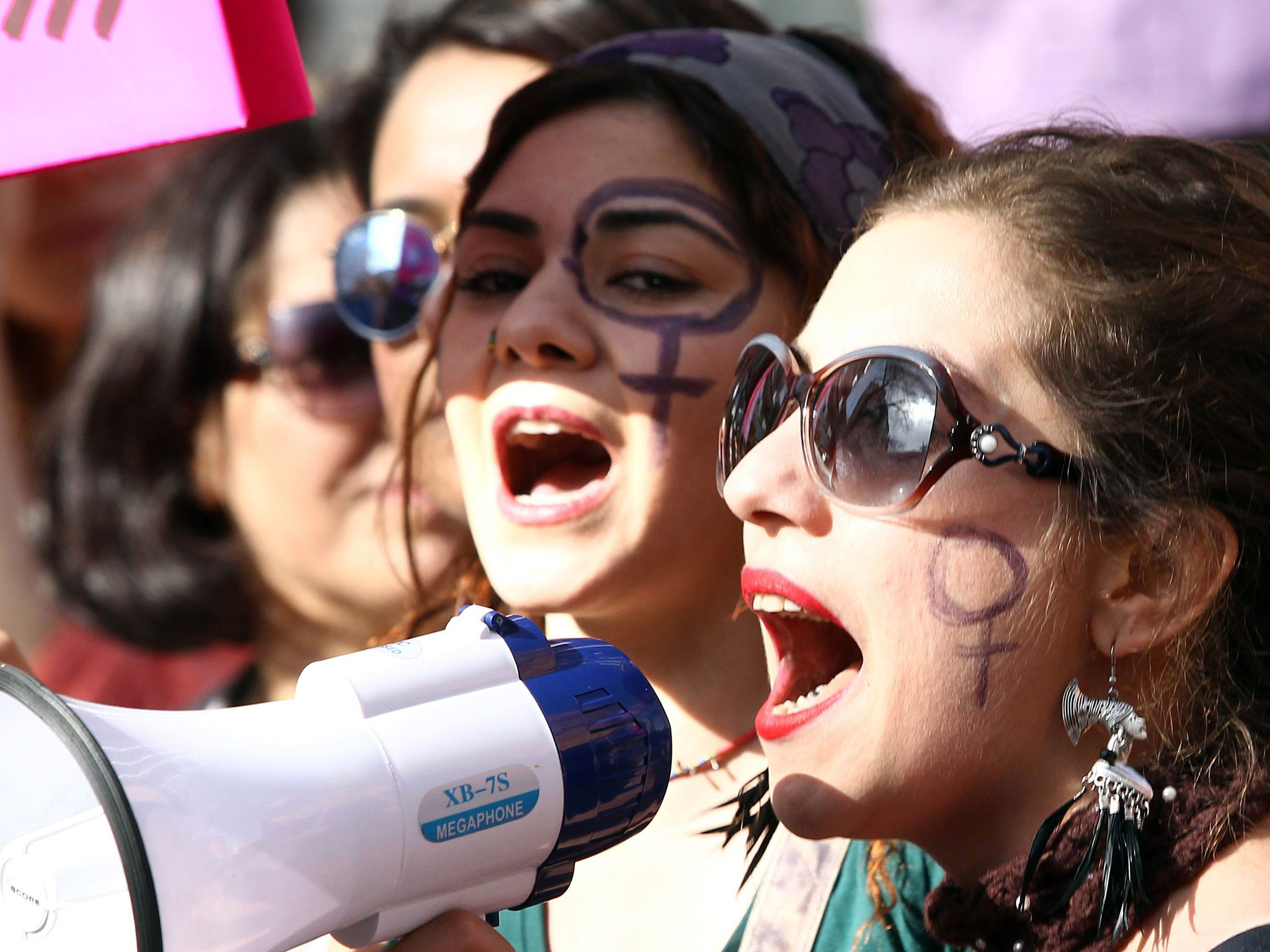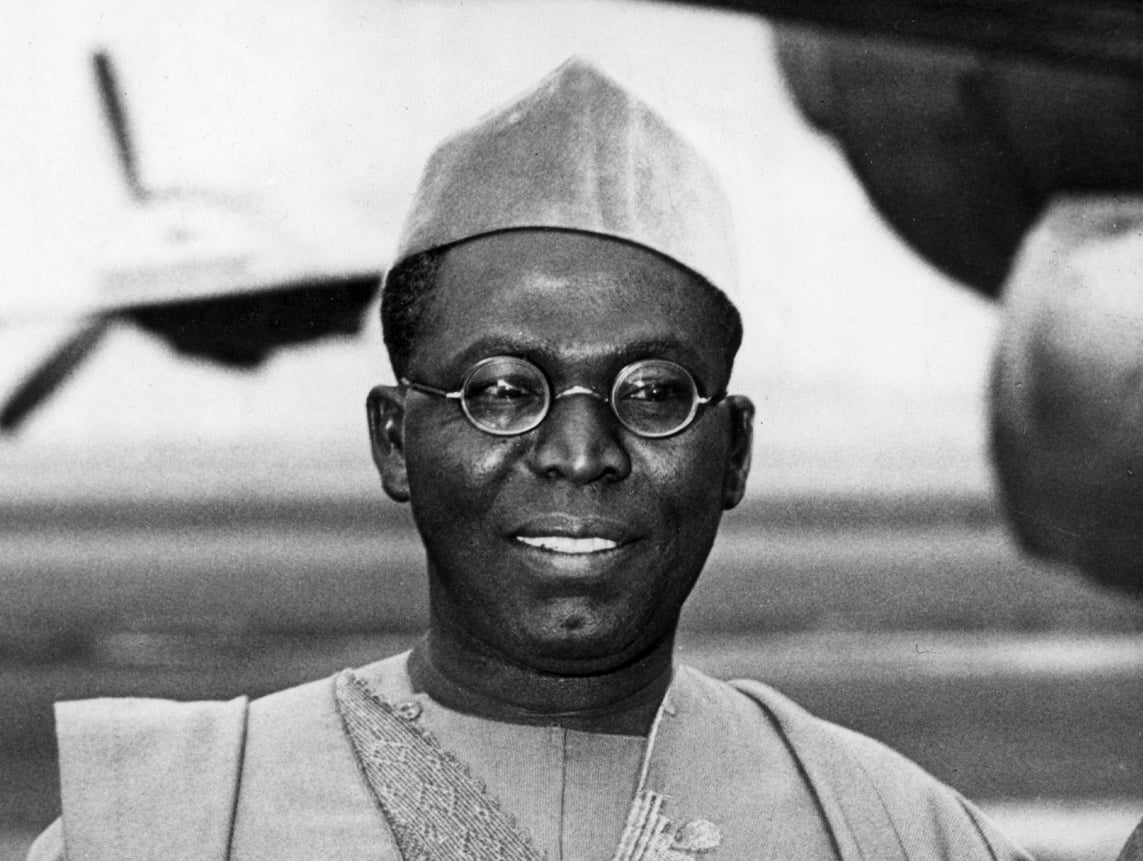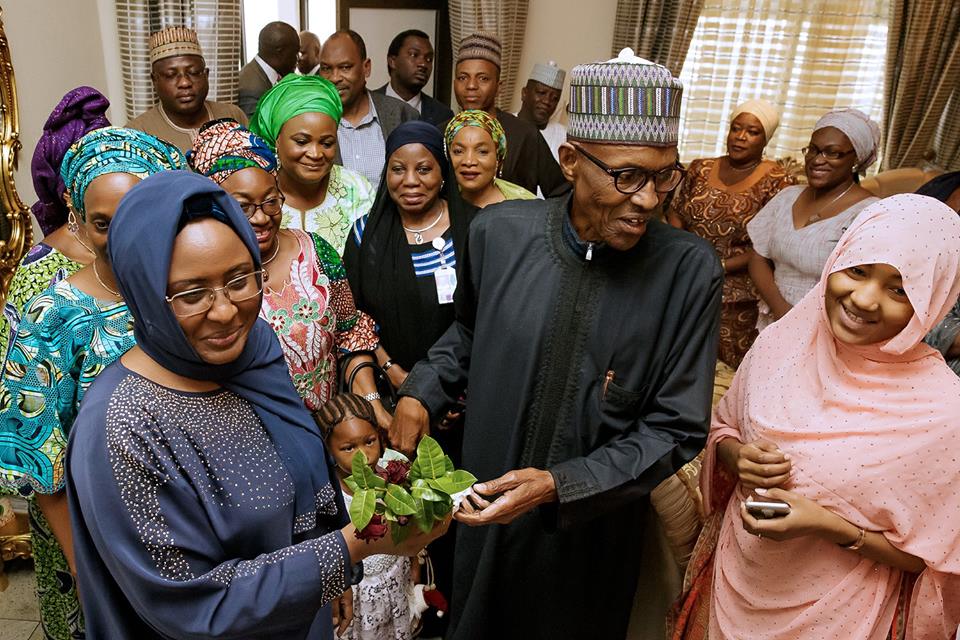BY KAYODE KETEFE
Today, March 8, 2017, is the International Women’s Day – a day set apart annually to celebrate women and their significance in human affairs; a day specifically utilised to channel out ideas and initiatives that will drive programme of actions for women empowerment and to strategise on mechanisms for protection and promotion of women’s’ rights.
Originally called International Working Women’s Day, the day was first celebrated 108 years ago on February 28, 1909, in the United States, it has since been renamed IWD, albeit, the underlying focus of employing the day to promote the expression of appreciation , love and respect for women remains unchanged.
The day culturally witnesses diverse forms of celebrations as, governments, organisations charities, and numerous women’s groups around the world choose different themes as the vision drivers for their ceremonies – different themes that invariably speak to the realities of global and their respective domestic gender issues.
Thus, the theme for this year, according to the International Women’s Day forum is “Be bold for change!” with underlying message that women can be leaders in all ramifications of their spheres of influence by taking bold pragmatic action to accelerate gender parity.
Advertisement
The celebration of IWD today offers us another occasion to reflect on our gender culture and scorecard on respect for women rights in our quest for entrenchment of androgynous civilisation.
Yes, quite a lot has changed since the times of our great-grandfathers when women were regarded as inheritable chattels. But Nigerian women are still subjected to a lot of discrimination and exploitation. They still battle with a lot of cultural prejudices leading to subjugation and repression. The culture of domestic violence against women is traditionally tolerated with a resultant impunity, which actuates perpetual tendency towards escalation.
At present, there are a number of cases in Nigerian courts featuring domestic violence with varying degree of intensity ranging from infliction of psychological trauma, acid bath occasioning grievous bodily harm, permanent maiming and disability or even death. One notorious case in this regard is the case of one Akolade Arowolo, who has been sentenced to death by hanging for killing his banker wife, Titilayo.
Advertisement
While some progress has been made in the area of improving employment opportunity for women, there is still an appreciable degree of discrimination against women in the workplace.
Over 90 per cent of the Chief Executive Officers of the Nigerian top 100 companies are men. In the political front, women have not fared better; all what we have is snail’s speed progress.
The present House of House of Representatives has only 16 women out of 360 people, while the Senate has a meager five women out of 109 senators. And, of course, not a single governor out of our 36 governors is a woman.
Ironically, our most important document, the 1999 Constitution itself contains some provisions that are gender-biased. An example of explicit gender-biased provision could be gleaned from its section 26 and 29 which make differential provisions for both men and women on the issue of acquisition and renunciation of Nigerian citizenship, with men being given better deal that women.
Furthermore, although the constitution has a general provision forbidding discrimination against any person on the bases of sex and other factors, it completely shies away from making gender-specific provisions to protect women from discrimination.
Advertisement
An example of such specific provisions is contained under section 3 (1) of the Ugandan constitution which provides “Women shall be accorded full and equal dignity of the person with men, while subsection 4 also adds “Women shall have the right to equal treatment with men and that right shall include equal opportunities in political economic and social activities”.
Similarly section 187 of the South African constitution establishes a “Commission for Gender Equality” which has the role to oversee, promote and protect gender related issues. All these are lacking in our extant constitution.
It is very saddening that we lost another opportunity to engineer some reforms to correct these gender anomalies when a number of amendments were made to the 1999 Constitution. Also, not much gain was recorded for women during the National Conference concluded last year.
In the of the light of the above, it is high time we started working towards the actualisation of an androgynous society where the rights of every member are respected without recourse to irrelevant consideration of gender identity. This is not just for the purpose of fairness as dictated by concerns for human rights; adherence to culture of gender liberality also has proven beneficial.
Empirical researches interpreting a number of sociological data across different climes have shown that societies where the culture of androgyny (that is equal opportunities for both sexes) is well-entrenched are more advanced and prosperous than societies that are repressive and exploitative of woman.
Advertisement
This, of course, is not surprising, given the fact that both male and female have been endowed with differing talents, abilities and capacities by the providence which could well be harnessed synergistically for optimum effect. Thus, all countries that put women in subservient roles are unwittingly plotting their own stagnation and underdevelopment. This should be food for thought!
Ketefe, a human rights activist and journalist, can be reached on Twitter @Ketesco
Advertisement
Views expressed by contributors are strictly personal and not of TheCable.
Add a comment






